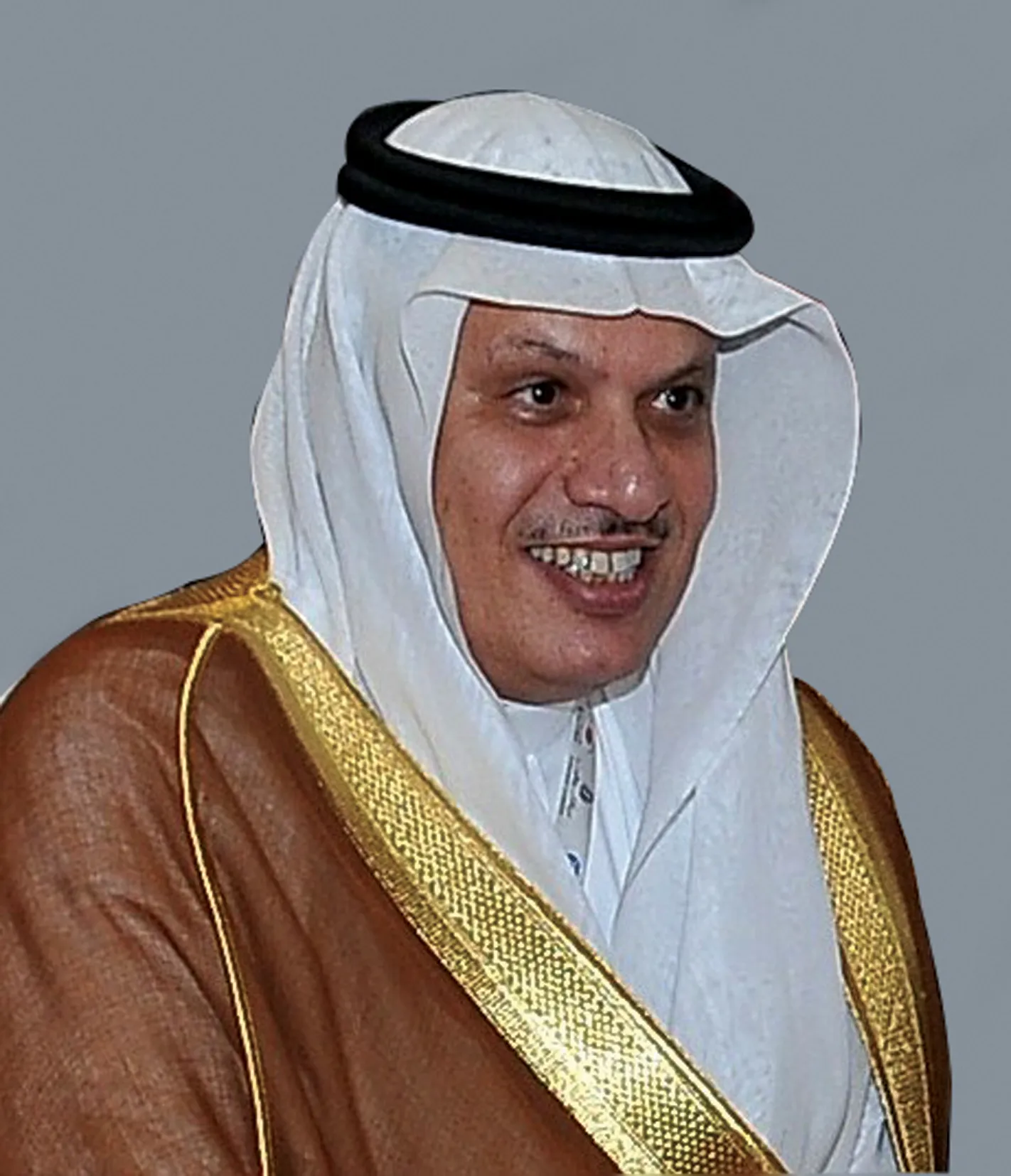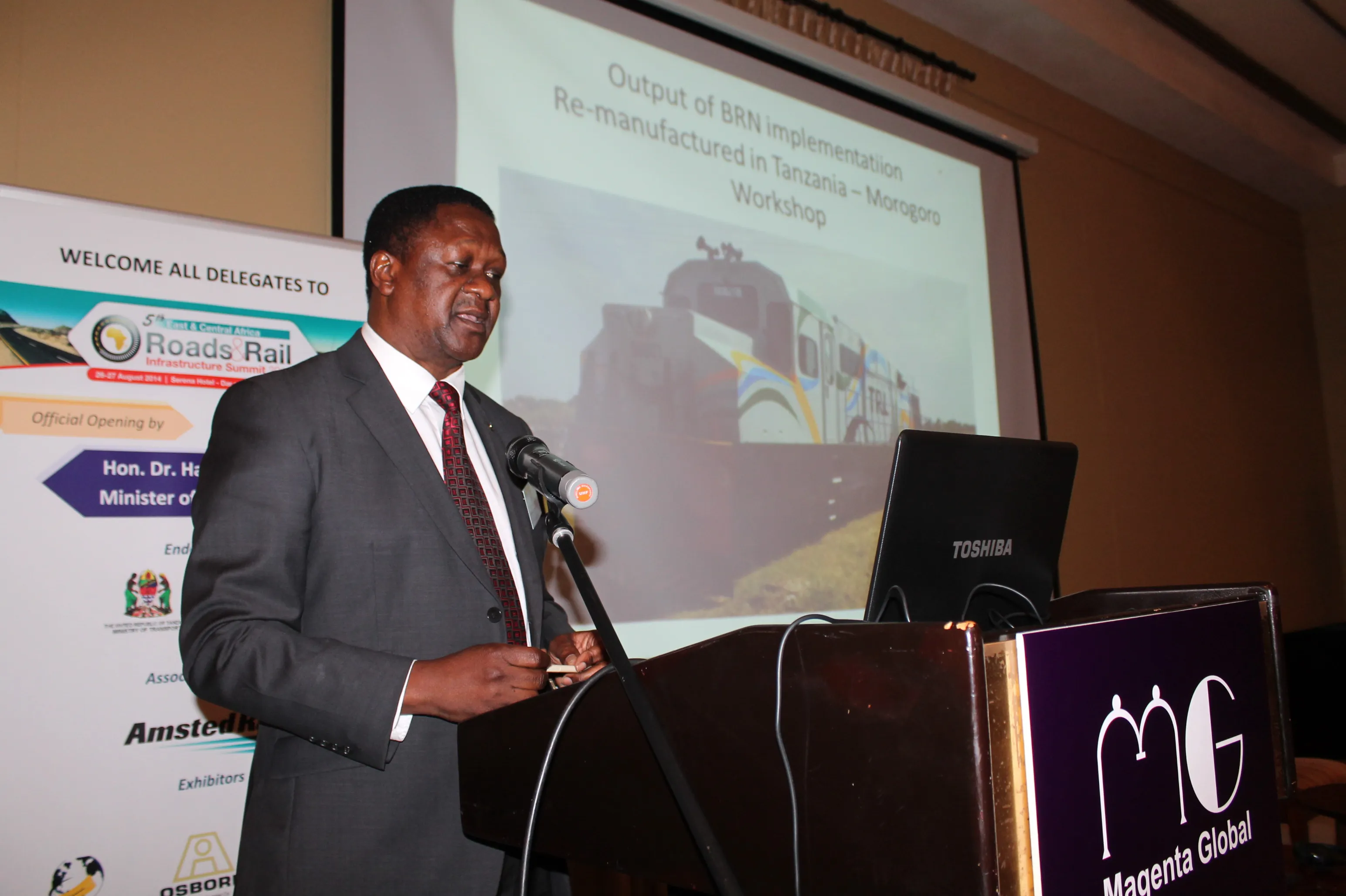
“The results of investments in roads have shown how transformative an infrastructure they can be for a wide range of beneficiary communities,” noted IRF president and CEO C Patrick Sankey, as he delivered the opening address to an audience of stakeholders from 26 countries.
“Africa stands to benefit from a robust road network expansion and maintenance program that will enhance cross-border trade,” stated Mohammed Namadi Sambo, vice president of the Federal Republic of Nigeria. “The Nigerian government is putting in place best practices to drive public-private sector partnership in the sector’s development and all other areas.”
The three-day Congress gathered transportation experts to discuss and offer solutions to the region’s growing infrastructure and mobility challenges,
chief among which is meeting the goals of the UN
“Africa has 2% of the world’s vehicles, but 16% of road related deaths,” commented Sankey. “Basic, well-known engineering measures can help protect people from death or serious injuries cost-effectively and with immediate effect. Yet, all too often, road designers rely on outdated approaches and obsolete technology,” he said.
Also attending the Congress,
The Congress set an agenda for regional collaboration in the area of capacity strengthening and knowledge sharing among transportation stakeholders. The IRF is ideally positioned to support this process through its program of continuing training and educational scholarships, which have helped fund degrees for 193 transportation professionals in sub-Saharan Africa.
“Today’s advances in information technology and networking present unprecedented opportunities for Africans to improve upon their well-being” said Dr. Leslie Mills, IRF’s manager of African Affairs. “The IRF supports Africans in their quest to improve transportation systems on the continent by engaging transportation stakeholders on the issue of more reliable, safer and better roads for Africa.”
“The success of our first regional congress in Sub-Saharan Africa confirms our leadership’s strategic vision for IRF to become the world’s premier industry knowledge platform,” concluded Sankey. “We look forward to working with Nigerian authorities and policymakers from across the region in translating the Congress findings into actionable programs.”








